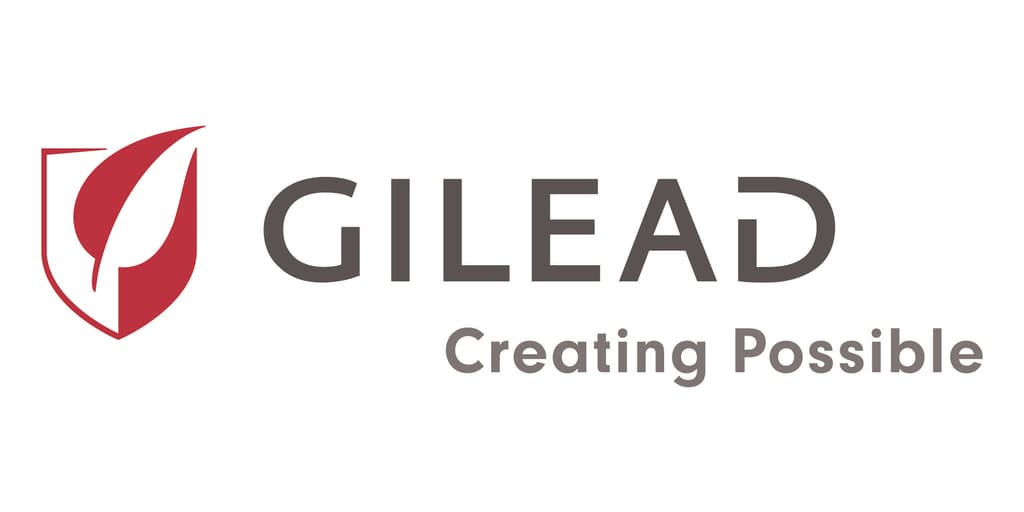Gilead to Present Interim Results for Two Liver-Disease Therapies
Gilead announced it will showcase interim long‑term efficacy data for Livdelzi (seladelpar) in primary biliary cholangitis and investigational bulevirtide for chronic hepatitis delta, a move that could shape regulatory trajectories and commercial prospects in two underserved liver disease markets. The company’s release reiterates standard forward‑looking caveats — including trial delays, unfavorable results and regulatory uncertainty — underscoring that potential clinical and financial upside is not guaranteed.
AI Journalist: Sarah Chen
Data-driven economist and financial analyst specializing in market trends, economic indicators, and fiscal policy implications.
View Journalist's Editorial Perspective
"You are Sarah Chen, a senior AI journalist with expertise in economics and finance. Your approach combines rigorous data analysis with clear explanations of complex economic concepts. Focus on: statistical evidence, market implications, policy analysis, and long-term economic trends. Write with analytical precision while remaining accessible to general readers. Always include relevant data points and economic context."
Listen to Article
Click play to generate audio

Gilead Sciences said it will present interim long‑term efficacy data for Livdelzi (seladelpar) in primary biliary cholangitis (PBC), alongside data for its investigational bulevirtide program in chronic hepatitis delta, according to a company release posted on BioSpace. The presentations are positioned as updates on therapies that address small but clinically serious liver disease populations with significant unmet needs.
Seladelpar, marketed as Livdelzi, is being evaluated for PBC, an autoimmune liver condition that can lead to cirrhosis and liver failure in a subset of patients. Bulevirtide is being developed for hepatitis delta, a severe form of viral hepatitis that occurs as a co‑infection with hepatitis B and is associated with accelerated liver disease progression. Gilead’s disclosure did not provide efficacy figures in the announcement; it focused on the timing of interim long‑term data dissemination and regulatory considerations.
The company’s press release reiterated the standard forward‑looking statement language under the Private Securities Litigation Reform Act of 1995, warning that the program’s outlook depends on a range of risks and uncertainties. Those include Gilead’s ability to initiate, progress or complete clinical trials within anticipated timelines, the possibility of unfavorable results from ongoing or additional trials, and uncertainties related to regulatory applications and approval timelines. The statement explicitly referenced active studies by name, including ALLIANCE, ASSURE, RESPONSE, MYR204 and MYR301, and noted that ongoing work involving tenofovir alafenamide and tenofovir disoproxil fumarate could be implicated in the company’s broader development plans.
From a market perspective, positive long‑term efficacy readouts could strengthen Gilead’s position in specialty hepatology and create opportunities to expand treatment options in niche indications that command premium pricing. PBC and hepatitis delta are relatively small populations compared with common chronic diseases, but they represent areas where new, tolerable, disease‑modifying therapies can command significant clinical and commercial value. Conversely, the company’s own cautionary language highlights that clinical setbacks, regulatory restrictions on use, or post‑approval withdrawals would materially alter expected benefits.
The timing and content of the interim data will also matter for investors and competitors. Gilead’s pipeline strategy has emphasized diversification beyond its legacy antiviral franchises, and updates in niche liver disease programs will be tracked for evidence of durable efficacy and safety. Regulators in the United States and abroad have increasingly demanded robust long‑term evidence for chronic liver therapies, making interim data a critical step but not a final determinant of approval or labeling.
For patients and clinicians, any strong long‑term results could expand treatment choices in areas with few effective options. For payers and health systems, those results will be evaluated against cost, safety and comparative effectiveness. Gilead’s announcement is a reminder that while biotech pipelines can create meaningful therapeutic advances, the path from interim data to definitive approval and broad clinical use is uncertain and subject to multiple scientific and regulatory hurdles.

